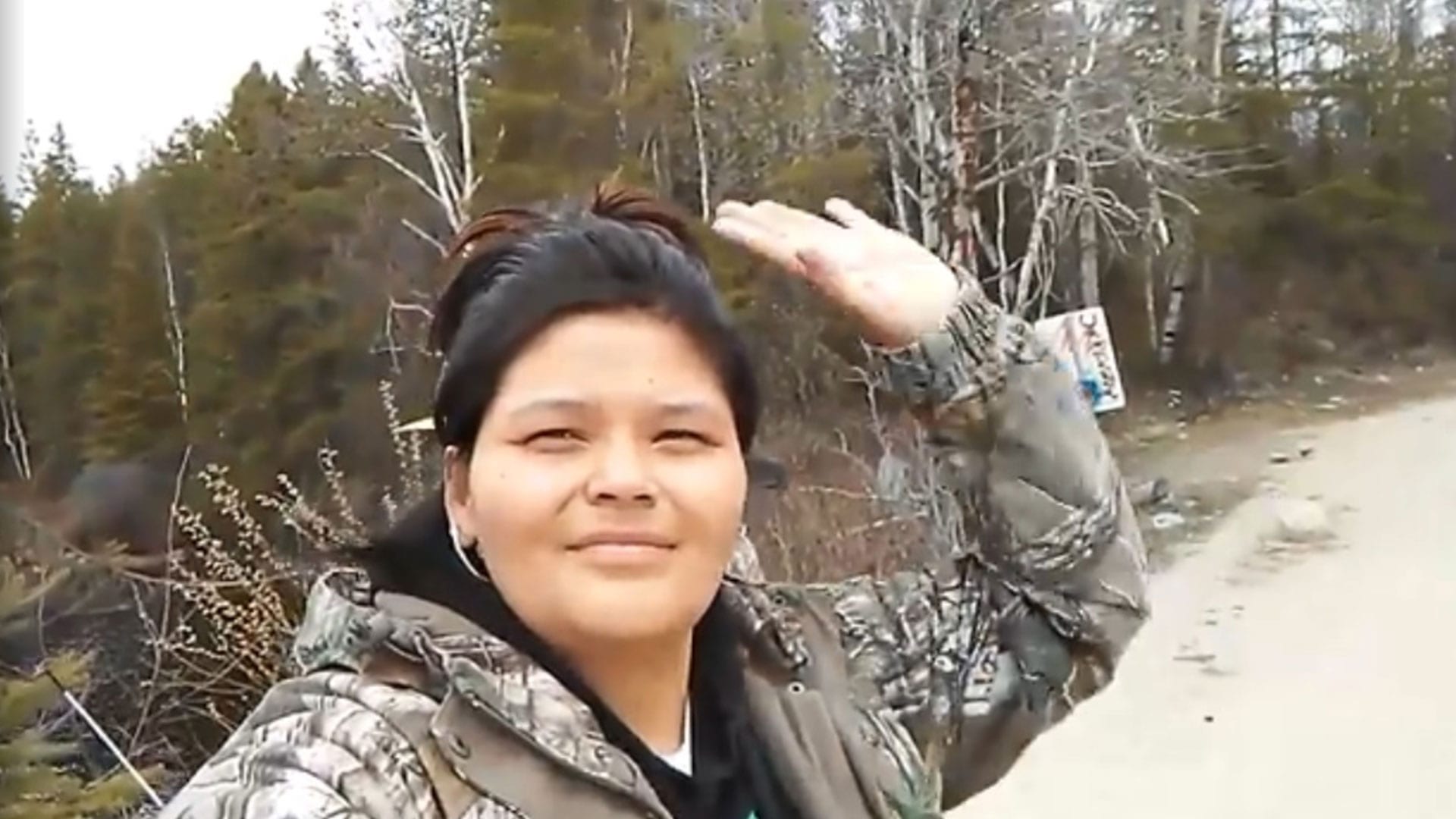The Atikamekw Nation says it was hoping to see more measures addressing the fallout caused by Joyce Echaquan’s death in the $8.9 billion, five-year “Health Reform Plan” tabled by the Quebec provincial government last week.
“I think the government really took a swerve by not recognizing or putting cultural security measures into practice,” explained Sipi Flamand, vice-chief of Echaquan’s home community of Manawan.
“We’re in the era of reconciliation, you’d think this would be a good opportunity for Indigenous communities and leaders to sit down with the government of Quebec.”
Echaquan’s death at Joliette Hospital in September 2020 prompted a coroner’s inquest. At the end of the hearings, coroner Géhane Kamel found her death “could have been avoided.”
This incident prompted the creation of “Joyce’s Principle,” an Indigenous-authored health and social services reform plan that Quebec rejected at the National Assembly.

According to Quebec Health Minister Christian Dubé, the government is giving itself three years to reform its beleaguered healthcare system into something that will be a source of pride for citizens.
The sweeping plan Dubé introduced last week includes ending mandatory overtime for nurses, investing in home care and hospital upgrades, more partnerships with the private sector, and better access to data.
Dubé told a news conference that while the system has long been in need of reform, the COVID-19 pandemic has demonstrated why the government can’t afford to wait.
“I think we’ve seen, in the last two years during the pandemic, things we don’t want to go through again,” he said.
But the plan – and the proposed post-pandemic modifications to the province’s Health and Social Services Law – are sparking controversy because they do not include any provisions for improving the healthcare situation for Indigenous people.
In a joint statement, the community of Manawan and the Atikamekw National Council said, after Echaquan’s death, the Quebec government promised to include the notion of “cultural safety” in the next revision of the Health and Social Services Law.
According to the release, Atikamekw leaders were told by Quebec officials that the plan ultimately changed due to “a lack of time.”
“How will the members of Manawan and all First Nations be able to regain confidence in hospitals and in the entire health system after a U-Turn by the government of Quebec on the notion of cultural safety in health,” Manawan Chief Paul Emile Ottawa said in the press release.
In his statement, Constant Awashish – grand chief of the Atikamekw National Council, says Quebec is missing an opportunity to “show courage and demonstrate a real awareness of Indigenous issues.”
Read More:
Joyce Echaquan’s husband still picking up the pieces, one year later
Would Joyce Echaquan still be alive if she were white? Quebec coroner says ‘I think so’
The Assembly of First Nations Quebec-Labrador, for their part, said Quebec is “backtracking.”
“Fighting systemic racism against First Nations will take more than words. The CAQ government prefers to isolate itself in its denial of the very existence of systemic racism that threatens the well-being and safety of First Nations people,” AFNQL Regional Chief Ghislain Picard added in a statement.
“Only the CAQ government does not see systemic racism in its public services.”
Opposition critics, too, were quick to call out the omission of cultural safety initiatives from both the Health Reform plan, and the proposed changes to Quebec’s Law on Health and Social Services.
“When the health minister announced his plan, I just keyed in a couple of searches in the PDF to see, you know, can I find the word in French, Autochtone, anywhere. And no, it’s not even there,” Greg Kelley, Liberal Party critic for Indigenous Affairs.
“We know it’s a long process, and it’s going to take time, but I just feel like we miss a lot, a lot of opportunities to do better.”
Two months after Echaquan died, Quebec’s Indigenous Affairs Ministry invested approximately $15 million in “cultural safety” initiatives, such as the hiring of Indigenous liaisons and “navigators,” and the implementation of a mandatory cultural sensitivity module for all public sector health employees province-wide.
In a statement to APTN News, Indigenous Affairs Minister Ian Lafreniere said culturally adapted health care is a “non-negotiable.”
“We’re not staying put,” the statement reads. “[Cultural safety] might not be inscribed in the [Law on Health and Social Services] at the moment, but it doesn’t mean it’s not important. On the contrary.
“It also doesn’t stop us from putting actions in place,” Lafreniere added.
Kelley, however, explained that plans and reports can be easily overlooked, or forgotten, at the National Assembly if they’re not committed to law.
“When you have things that are written into a law, it’s an obligation for the state to follow through on,” Kelley said.
Manawan’s community leaders see only one way forward.
“The government needs to demonstrate that they’re open to our realities – especially with regards to cultural safety – and they need to recognize ‘systemic racism,’” Flamand added.
With files from the Canadian Press









